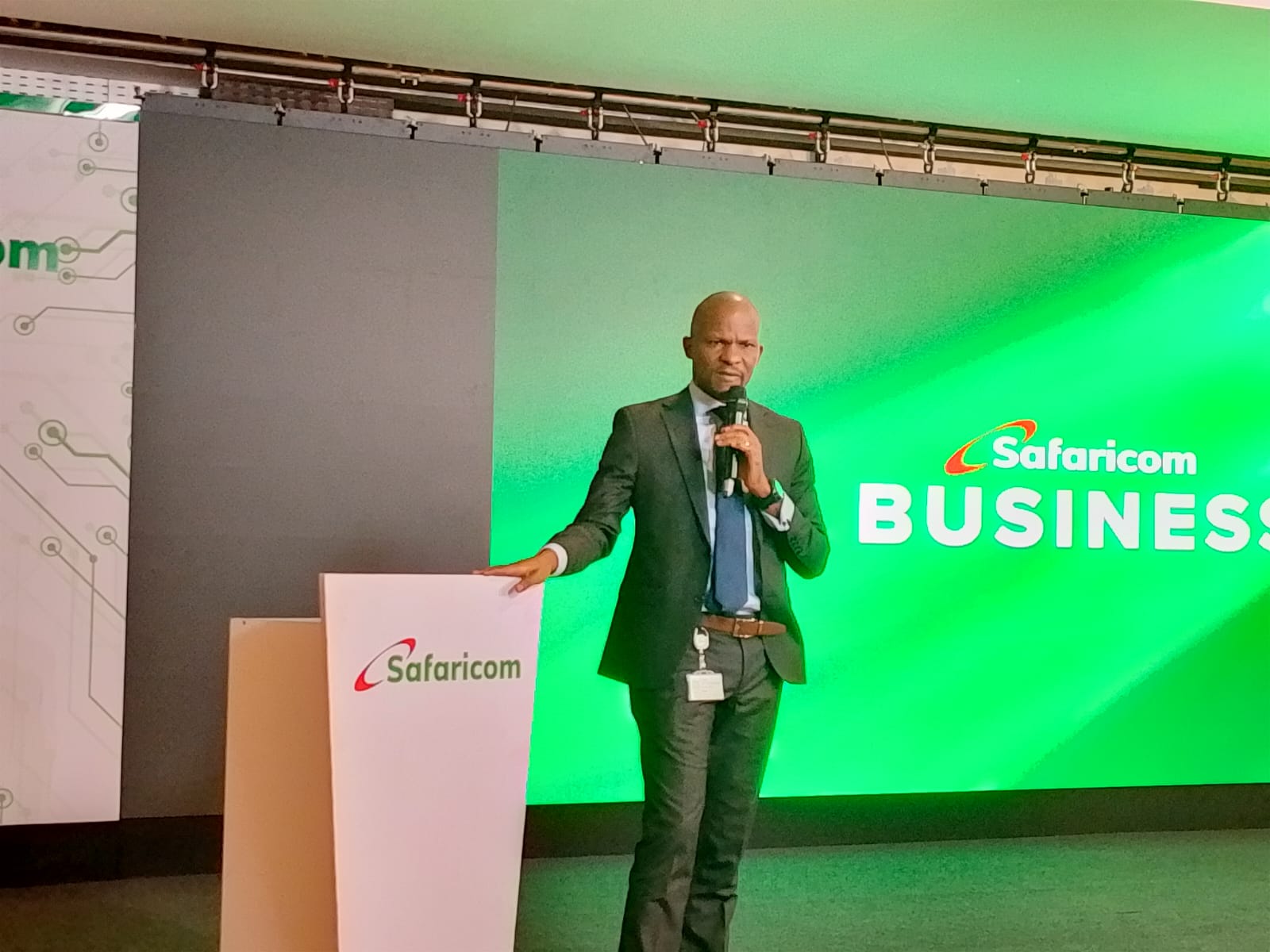

Safaricom now says it plans to support more micro-businesses grow into SMEs and large enterprises, as it seeks to increase its contribution to Kenya’s GDP to beyond eight per cent.
Micro-enterprises are those with less than 10 employees, the majority of which are still at the foundation stage. Small enterprises are categorised as those with 10-49 employees (growth stage), medium enterprises have between 50-100 employees, while large establishments have more than 100 staff, running into thousands.
The technology firm, which this year ended a five-year strategy cycle, which saw it transform from a telecommunication business to a technology company through accelerated technology adoption and a greater focus on digitising Kenya and Ethiopia, has also committed to continue supporting the more than 7.4 million MSMEs in Kenya.
The focus on micro-businesses is aimed at enabling these players grow and transform into sustainable businesses in the market place, where nearly 400,000 Micro, Small, and Medium Enterprises (MSMEs) fail to reach their second year of operation, a trend attributed to high operating costs, declining income, lack of market access and poor infrastructure.
MSMEs play a crucial role in the country's economy by contributing around 40 per cent of the GDP and employing a significant portion of the workforce (about 80%).
A large majority of these MSMEs operate informally and are primarily micro-enterprises.
“Kenya's economy is growing and who moves it? Basically, the SMEs. That is why it is very important for us at Safaricom to invest in supporting them. That is where we are giving a lot of our focus,” Safaricom acting chief enterprise business officer, Franklin Okata, said.
He spoke during a media immersion at the Michael Joseph Centre in Nairobi.
“It is not that we are not focusing on large enterprises…they are very important but for every large you see today, a few years ago, they were medium and 10 years ago, they were small, right and many years ago, it was just an idea.So we are really focusing on the small businesses with numerous challenges,” he added.
Safaricom helped drive the country’s formal financial inclusion to 84.8 per cent in 2024 from 19 per cent in 2006-2007.
It has so far engaged over 1,120 businesses in the Rift region, Coast, Nairobi, Western and Mt. Kenya regions through its “Grow with Safaricom Business forum”, a platform launched in March 2024 and designed to empower entrepreneurs with the knowledge and skills that can help them to sustainably accelerate their growth.
The firm has cemented its position as a major driver of Kenya’s economy, with its annual contribution to the GDP now at about Sh1.21 trillion, both economic and social value, of the country’s GDP estimated at Sh15.11 trillion as per the Central Bank of Kenya.
This, as M-Pesa continues to play a critical role in households, companies, agents, dealers and businesses as the value of transactions hit Sh38.3 trillion for the financial year ended March 2025, up from Sh37.7 trillion last year.




















